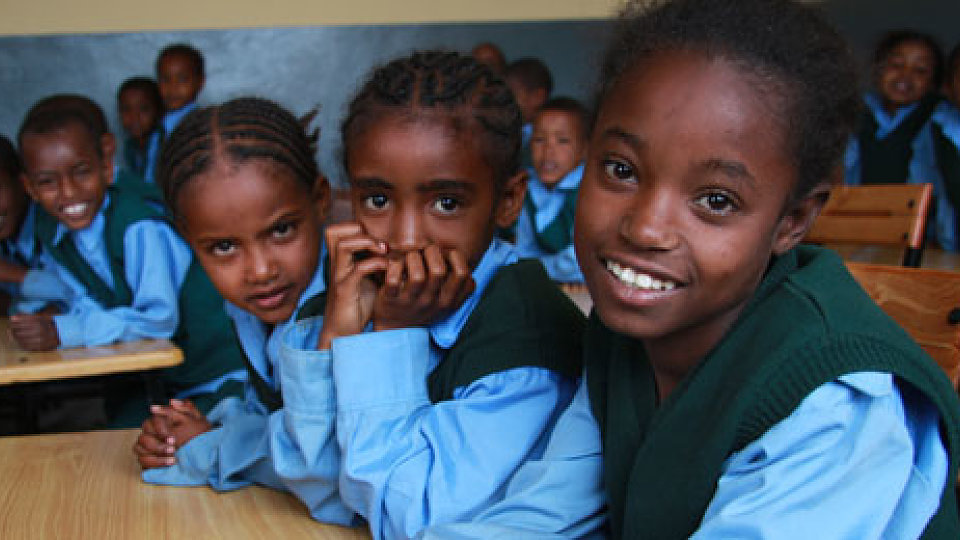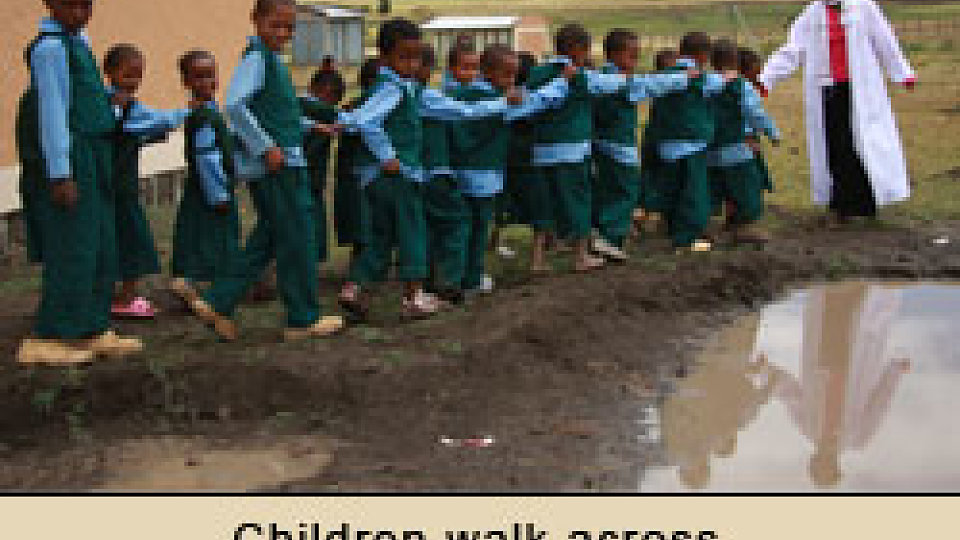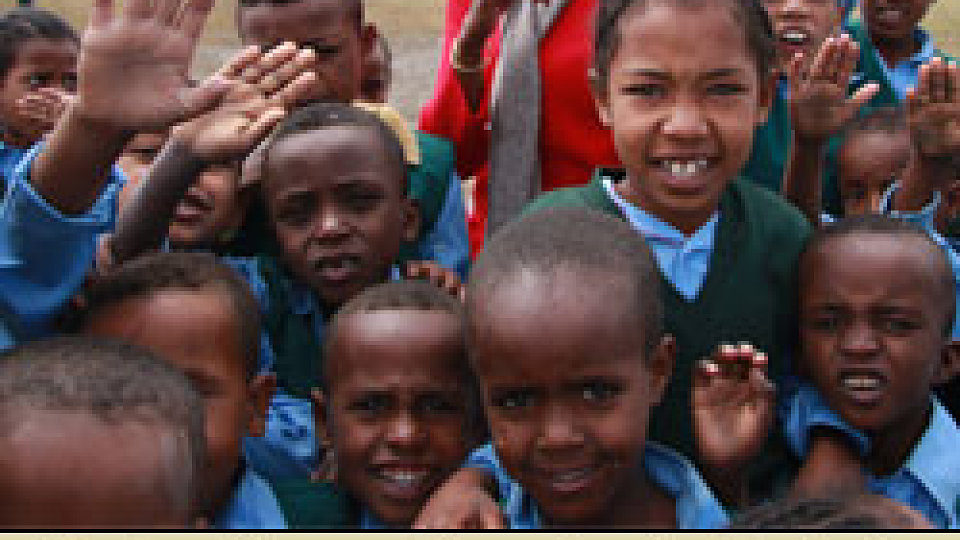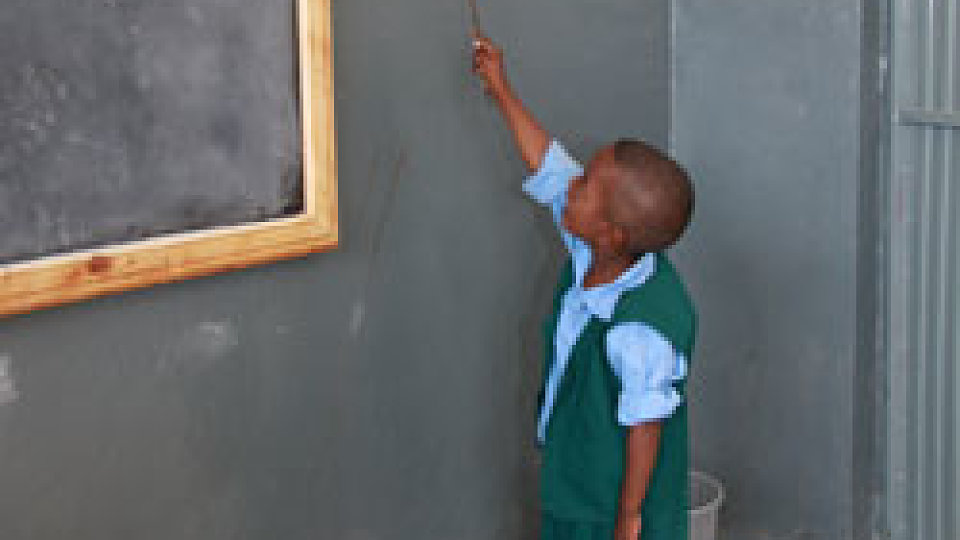Ethiopia School Builds Better Citizens
By Jenny Pope
Buckner International
(BANTU, Ethiopia) — The orphans of Bantu may not have a lot by western standards. They live in mud and grass houses with grandparents or relatives. They own one pair of plastic shoes. And their nicest piece of clothing is a green and blue school uniform which they wear five days a week to attend class.
But that’s more than they used to have. The Bantu school, founded by Buckner/Bright Hope, opened in September and has offered the children of Bantu with something they’ve never had before – hope for the future.
“The people in this community earn about $11 a month,” said Bright Hope project manager Nebiyou Tesfaye. Isolated on a muddy dirt road, the community is occupied by farmers walking barefoot with large bales of crops on their backs and dozens of small children.
Ethiopian president Girma Wolde-Giorgis gave the land in Bantu to Buckner in 2006 as a gift to build the school for the community. But it’s much more than just a school.
“We are the ones who provide them with food, showers, soap, drinking water, clothes, shoes, vaccinations, everything,” Tesfaye said.
There are 200 children at the school ages 4-7 learning everything from math to English in eight different classrooms. They are taught by teachers and teaching assistants, many of whom have received their master’s degree in Addis Ababa.
After morning classes end, all of the children line up single file with their hands on each other’s shoulders to walk across the way to the dining hall. Here they receive their largest meal of the day – a bowl of rice.
Café manager Fikru Gebremariam said most of the children do not have food at home. “Food is important for the children because it builds their bodies and makes them strong,” he said.
Marta Admasu, the principal of the school, explained the community’s growing excitement since the school had opened. “We are experiencing great happiness at this time. The children have food, soap, shoes, toothbrushes, clothing. Because of this, they feel very happy.”
In addition to education, Tesfaye said they help the community by “teaching them about sanitation and how to prevent disease and infection.”
Future plans for the school include building a guest house for guests and mission teams who choose to work with the children on a short-term basis. They also hope to give the school “international” status, teaching American and British curriculums along with others to promote future growth opportunities for students. It is the school’s ultimate goal for every child to go to college.
“We desperately need books for the teachers and for the students,” Tesfaye said. “We need workbooks and educational books. If we want them to go to college, they need to read.”
Education is the most critical component when it comes to determining future potential for Ethiopia’s children, he said. More than half of the country is illiterate, and only 31 percent of the country’s children are enrolled in primary school.
“Our aim is for the children to be better citizens. When we provide them with good education, they will be self sufficient.
“These students,” he continued, “we give them hope.”










Add a Comment